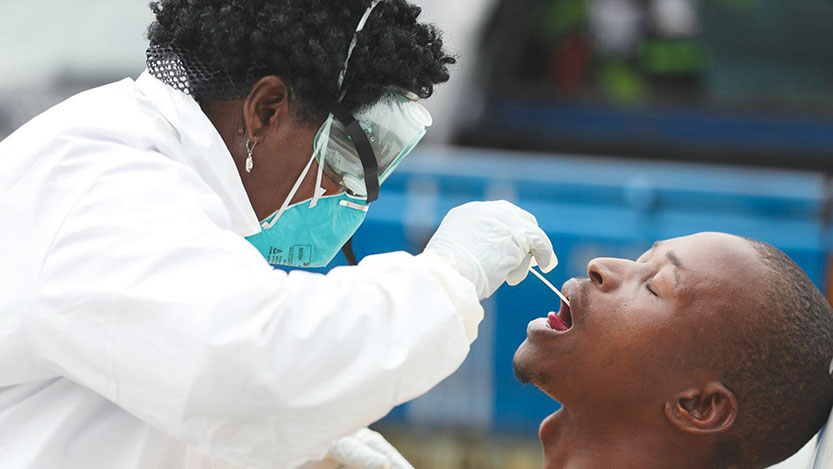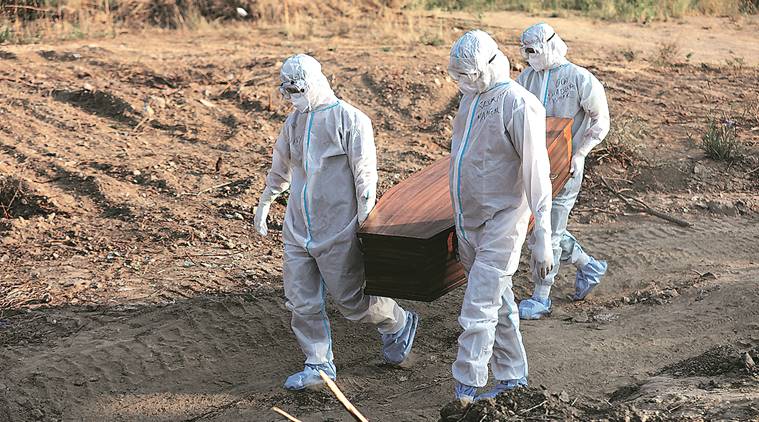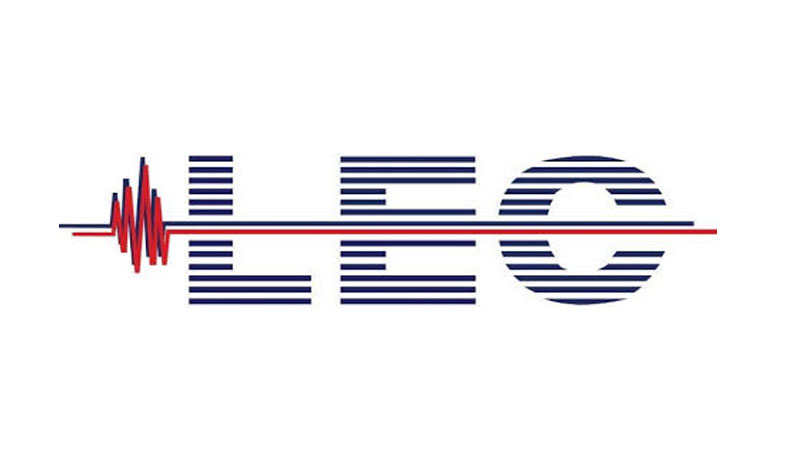By ‘Majirata Latela
According to Lesotho’s National Covid-19 Secretariat (NACOSEC) Basotho may get wiped out by the corona virus if they do not change their behaviour towards the epidemic. The numbers of infected people have gone beyond 100 in less than 12 weeks.
This after the initial reactions to Covid cases – which included health facilities shutting down – reflected what could at best be regarded as lack of preparedness on the part of the country’s health system whose capacity to deal with epidemics came under scrutiny.
According to the ministry of health, the country has recorded 43 new cases in less than a week. The number of recoveries has gone up to 20.
The ministry has also reported one death. The National Covid-19 Secretariat communications officer Tumisang Mokoai says NACOSEC is probing more deaths suspected to be linked to Covid-19.
Epidemiologists who have arrived in the country recently have predicted that the worst case scenario could see Lesotho recording about 6 000 deaths and 320 000 positive cases by the end of July.
The rate of infection is at 2.0 percent, which mean one person at the moment can infect two more people and Maseru has the most cases, followed by Botha- Bothe and Leribe in that order.
Maseru, which is the capital city, seems to be leading in numbers of people who are affected by Covid19 and the graph of infected people seems to be quite steep and the question that is on people’s mouths is whether Lesotho is really prepared to flatten the curve.
With only two intensive care units (ICU) in the country, people who will need to go to the hospital are at risk of not being admitted to hospital at all. NACOSEC is only at the verge of procuring more beds and also awaiting to get money transferred from its predecessor, the now defunct National Emergency Command Center.
“We have only started working with the team that we have set up this week and we need to work very hard and make sure we procure in reasonably, we need to make sure that when we procure beds, we need to get beds that will not at the later stage give us problems,” NACOSEC boss Thabo Khasipe said.
Lesotho currently has two hospitals which at the moment still do not have enough equipment and beds to accommodate people from all districts who will be diagnosed with Covid-19.
The minister of health Motlatsi Maqelepo, on his visit to Mafeteng Hospital on Wednesday this week, was told that the hospital is in need of more nurses.
For their part, nurses and doctors across the country have been threatening to down tools as they demand to be provided with personal protective equipment and risk allowances, among others.
The Coalition of Health Professionals Associations (HPA) has since vowed to go on strike today unless their needs are met. HPA previously advised its members to always adhere to infection control measures at all times.
“If at any circumstances you feel that you are working under unfavorable conditions that may pose a risk, do not hesitate to inform your respective associations.
“This news comes while HPA is struggling to achieve the following: provision of proper personal protective equipment against Covid19; consideration of a sick leave policy in the era of Covid19; Covid-19 hazard allowance and employee tax holiday for all health workers; involvement of health workers in decision making in health provision matters; and trainings related to Covid-19. The ministry of health has pledged commitment to achieve these issues.”
The past week saw close to 10 private and public health facilities which include hospitals and clinics closing down as staff members tested positive for Covid-19. The Christian Health Association of Lesotho (CHAL) at this point has two of its big hospitals – Tebellong and Seboche hospitals – temporarily closing down.
CHAL’s communications officer, Lemohang Mothae indicated that the two hospitals have been closed down because they are at the moment testing all members of staff who had had contact with those that tested positive.
“Due to lack of equipment for testing, we are still awaiting results so that we know how many cases we have. We are also at the moment fumigating those facilities to make sure they are ready to resume work.
“Our biggest challenge now is inadequate PPE. We are still awaiting PPE which we are not sure when we will get because we cannot at the moment risk exposing our staff to Covid-19. We need to make sure that they are safe because they are in the frontline of fighting this disease,” she said.
The country’s largest referral hospital, Queen ‘Mamohato Memorial Hospital’s situation is slightly different. Popularly known as Tṧepong Hospital, the public-private partnership is managed by the Tshepong consortium, led by Netcare, a leading South African health care provider. The facility and its affiliated filter clinics at Qoaling, Mabote, and Likotsi were part of the government of Lesotho’s strategic push to improve maternal health, reduce child mortality and combat HIV/AIDS.
The 425-bed hospital was touted to provide several new services, including intensive care, that were not provided at Maseru’s old Queen Elizabeth II hospital.
Speaking to theReporter, Tṧepong information officer, Mothepane Thahane claimed the hospital and its entire clinic is not mandated to treat Covid-19 patients. With all the 10 ICU beds, the hospital will not be accommodating Covid-19patients.
“Yes, we have ICU beds but we are not going to treat any Covid-19 patients; as per our mandate, when we have a patient testing positive refer them to either Berea or Mafeteng Hospital where they will be treated. Even if that patient needs an ICU bed we still do refer them.”
Thahane further indicated that they also did not get enough PPE from the government. “We have in the past months got PPE from the government which was not even enough to sustain us for a month. The PPE that we have been using in the hospital is from Netcare; we are at this point not complaining. Since we are not going to be treating patients with Covid-19, the PPE that we have is enough.”
To establish the preparedness of the government to cope with Covid-19, which people were made to believe started even before the lockdown in March, and what the ministry is planning to do going forward, the publication made unsuccessful attempts to get a comment from the ministry of health.
The first port of call was the ministry’s information officer, ‘Mateboho Mosebekoa. She forwarded our written questions by email to the director general, Dr ‘Nyane Letsie who never responded to her. Even when the paper tried to call and send her the questions again, she never replied.
The ministry’s principal secretary, Khothatso Tṧooana’s phone rand unanswered until we went to print.
The Covid-19 pandemic has exposed gaps in health services that require urgent attention in many African countries, Human Rights Watch said last month.
“African governments should urgently address healthcare deficiencies to meet the demands of the Covid-19 pandemic and ongoing healthcare needs of their populations. They should act to ensure everyone’s right to health is in line with international human rights law, including the African Charter on Human and Peoples’ Rights.
“The current global health crisis from the spread of the novel coronavirus has brought to the fore the need for African Union (AU) member states to carefully analyse the current state of their healthcare infrastructure and make meaningful investments to improve access to quality health care,” said Carine Kaneza Nantulya, Africa advocacy director at Human Rights Watch.









